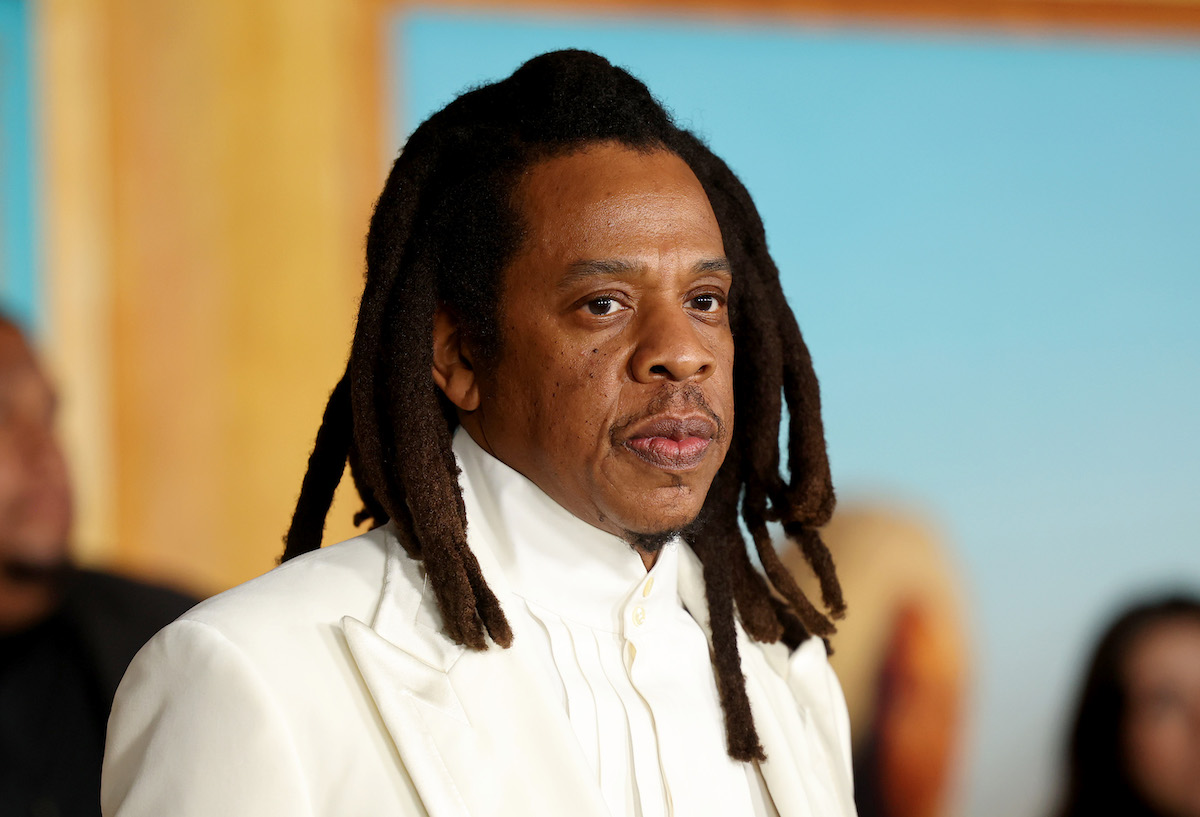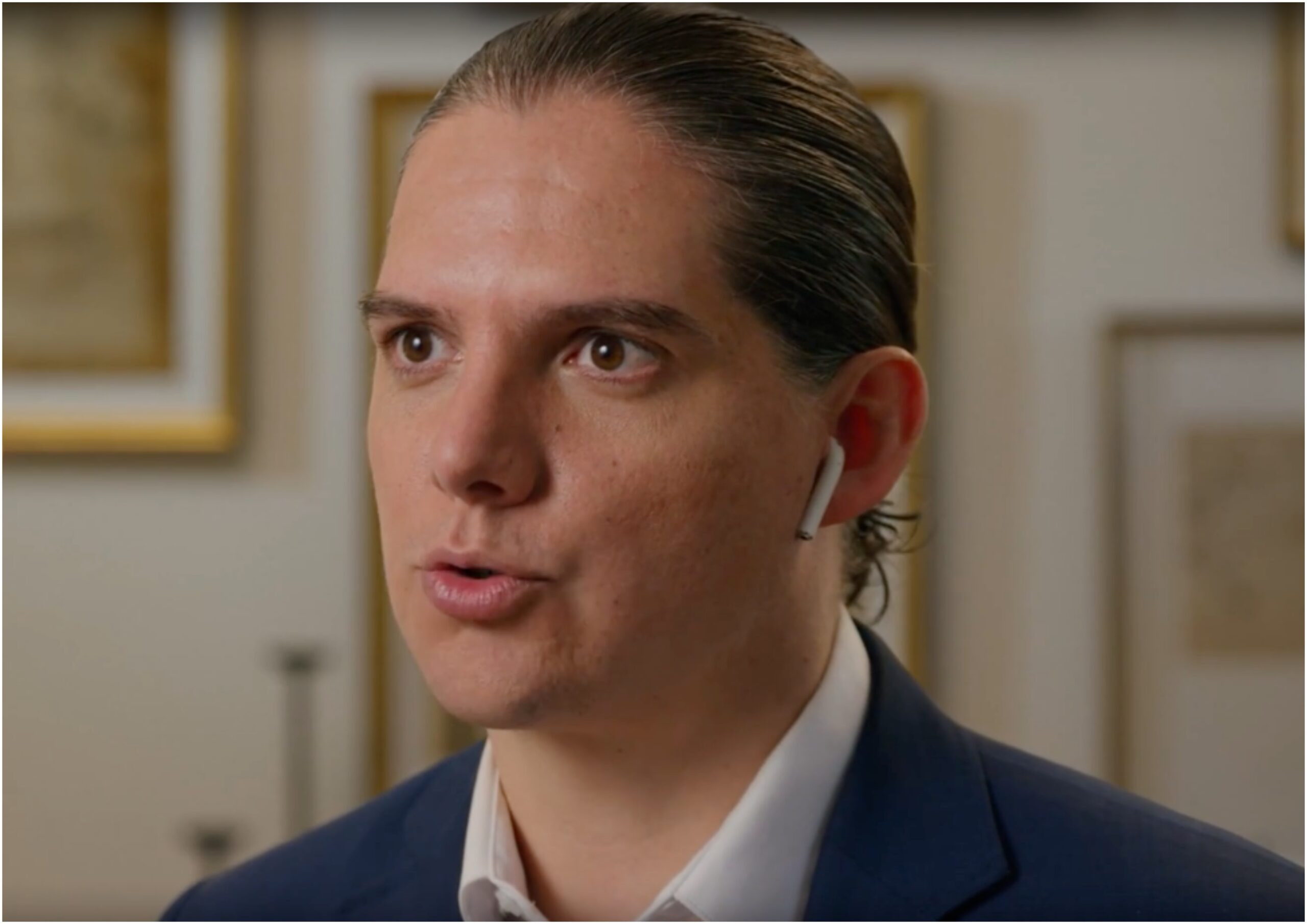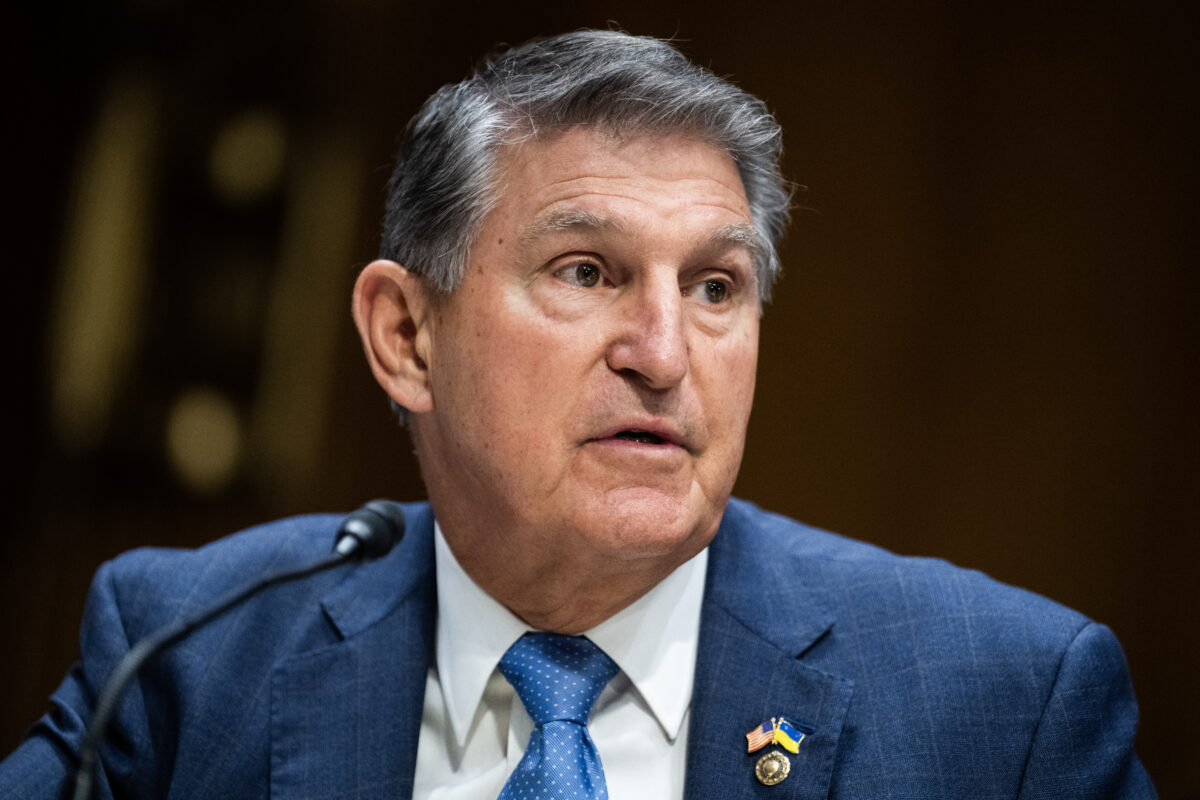Clock runs out on appeal to stop 'disinformation'-monitoring in January 6 probation case
Former Jan. 6 defendant Daniel Goodwyn won an important 2024 appeals court ruling against judicial censorship of so-called “disinformation,” but he has seen it slip away by the actions of a federal district court judge and the Department of Justice as the clock ran out on his case.For more than 18 months, Goodwyn, 35, of San Francisco, battled U.S. District Judge Reggie Walton, who ordered monitoring of Goodwyn’s internet communications for what he called “disinformation” and “misinformation” about Jan. 6 and other subjects.Despite a February 2024 Court of Appeals ruling chiding Walton and overturning his original order imposing probation monitoring of Goodwyn’s speech, the judge reissued the same condition in June.'There is no accountability.'Goodwyn again appealed, but the U.S. Court of Appeals for the District of Columbia Circuit ruled the case is now moot because Goodwyn finished his one-year term of supervised release on Aug. 25.“The appeals court has just given the D.C. and other district court judges the green light to enact censorship while anointing themselves as the new ministers of truth,” defense attorney Carolyn Stewart told Blaze News.“This is all against the U.S. Constitution, with First and Fourth Amendment violations,” Stewart said. “And the green light also goes to the DOJ and FBI to infect defendants’ computers and other devices with spyware without any oversight. There is no accountability.”The DOJ claims Pretrial and Probation Services never installed any monitoring software or devices on Goodwyn’s computer because he had a pending appeal. Stewart, however, told the Court of Appeals the DOJ accessed the internal logs of Goodwyn’s employer, the news site StopHate.com, to see what her client had been posting.The Court of Appeals issued a per curiam order on Oct. 28 dismissing Goodwyn’s appeal as moot. “Appellant has not demonstrated that any exception to the mootness doctrine applies to this appeal,” wrote a three-judge panel that included Karen Henderson, Cornelia Pillard, and Justin Walker.Those judges were appointed to the Court of Appeals by Presidents Ronald Reagan, Barack Obama, and Donald J. Trump, respectively. Daniel Goodwyn at the U.S. Capitol on Jan. 6, 2021 (left) and at a Fourth of July celebration. Photos courtesy of Daniel Goodwyn “I believe we met the standard for an exception to mootness,” Stewart said.In September, Stewart filed a motion opposing the DOJ’s desire to dismiss the case. She instead asked for “an order where the lower court is ordered to answer who monitored his internet use and digital devices, and what was installed for monitoring that was conducted in violation of his Constitutional rights.”The latest Court of Appeals ruling leaves the questions raised by Goodwyn’s case largely unanswered. Stewart said terrible damage was done to defendants’ First Amendment rights because the appeals court allowed Judge Walton to re-up an unconstitutional condition on her client’s free speech.Trespassing convictionGoodwyn accepted a plea offer from the DOJ on one count of entering and remaining in a restricted building or grounds. He walked into the Senate Wing Door of the U.S. Capitol on Jan. 6 and spent 36 seconds inside the building. He served a 60-day prison sentence in 2023.Judge Walton was highly critical of Goodwyn for his appearance in March 2023 on “Tucker Carlson Tonight” on Fox News. The judge said Goodwyn minimized his own participation in Jan. 6 unrest and spread “misinformation” and “disinformation” about Jan. 6 and the 2020 presidential election.The DOJ, which initially did not seek monitoring of Goodwyn’s computer, supported the reimposition of that condition in June 2024. Prosecutors said Goodwyn needed to be kept away from “extremist” media content like that allegedly published by StopHate on its website and in documentaries.Prosecutors said Judge Walton met the conditions set by the Court of Appeals after a three-judge panel said he “plainly erred” by imposing computer monitoring.“The computer-monitoring condition protects the public interest by deterring Goodwyn from encouraging future violence and thus threatening public safety, at least while he is still under court supervision,” Assistant U.S. Attorneys Elizabeth Danello and Lisa Tobin Rubio wrote in a July filing in the case.Like Blaze News? Bypass the censors, sign up for our newsletters, and get stories like this direct to your inbox. Sign up here!


Former Jan. 6 defendant Daniel Goodwyn won an important 2024 appeals court ruling against judicial censorship of so-called “disinformation,” but he has seen it slip away by the actions of a federal district court judge and the Department of Justice as the clock ran out on his case.
For more than 18 months, Goodwyn, 35, of San Francisco, battled U.S. District Judge Reggie Walton, who ordered monitoring of Goodwyn’s internet communications for what he called “disinformation” and “misinformation” about Jan. 6 and other subjects.
Despite a February 2024 Court of Appeals ruling chiding Walton and overturning his original order imposing probation monitoring of Goodwyn’s speech, the judge reissued the same condition in June.
'There is no accountability.'
Goodwyn again appealed, but the U.S. Court of Appeals for the District of Columbia Circuit ruled the case is now moot because Goodwyn finished his one-year term of supervised release on Aug. 25.
“The appeals court has just given the D.C. and other district court judges the green light to enact censorship while anointing themselves as the new ministers of truth,” defense attorney Carolyn Stewart told Blaze News.
“This is all against the U.S. Constitution, with First and Fourth Amendment violations,” Stewart said. “And the green light also goes to the DOJ and FBI to infect defendants’ computers and other devices with spyware without any oversight. There is no accountability.”
The DOJ claims Pretrial and Probation Services never installed any monitoring software or devices on Goodwyn’s computer because he had a pending appeal. Stewart, however, told the Court of Appeals the DOJ accessed the internal logs of Goodwyn’s employer, the news site StopHate.com, to see what her client had been posting.
The Court of Appeals issued a per curiam order on Oct. 28 dismissing Goodwyn’s appeal as moot. “Appellant has not demonstrated that any exception to the mootness doctrine applies to this appeal,” wrote a three-judge panel that included Karen Henderson, Cornelia Pillard, and Justin Walker.
Those judges were appointed to the Court of Appeals by Presidents Ronald Reagan, Barack Obama, and Donald J. Trump, respectively.
 Daniel Goodwyn at the U.S. Capitol on Jan. 6, 2021 (left) and at a Fourth of July celebration.
Photos courtesy of Daniel Goodwyn
Daniel Goodwyn at the U.S. Capitol on Jan. 6, 2021 (left) and at a Fourth of July celebration.
Photos courtesy of Daniel Goodwyn
“I believe we met the standard for an exception to mootness,” Stewart said.
In September, Stewart filed a motion opposing the DOJ’s desire to dismiss the case. She instead asked for “an order where the lower court is ordered to answer who monitored his internet use and digital devices, and what was installed for monitoring that was conducted in violation of his Constitutional rights.”
The latest Court of Appeals ruling leaves the questions raised by Goodwyn’s case largely unanswered. Stewart said terrible damage was done to defendants’ First Amendment rights because the appeals court allowed Judge Walton to re-up an unconstitutional condition on her client’s free speech.
Trespassing conviction
Goodwyn accepted a plea offer from the DOJ on one count of entering and remaining in a restricted building or grounds. He walked into the Senate Wing Door of the U.S. Capitol on Jan. 6 and spent 36 seconds inside the building. He served a 60-day prison sentence in 2023.
Judge Walton was highly critical of Goodwyn for his appearance in March 2023 on “Tucker Carlson Tonight” on Fox News. The judge said Goodwyn minimized his own participation in Jan. 6 unrest and spread “misinformation” and “disinformation” about Jan. 6 and the 2020 presidential election.
The DOJ, which initially did not seek monitoring of Goodwyn’s computer, supported the reimposition of that condition in June 2024. Prosecutors said Goodwyn needed to be kept away from “extremist” media content like that allegedly published by StopHate on its website and in documentaries.
Prosecutors said Judge Walton met the conditions set by the Court of Appeals after a three-judge panel said he “plainly erred” by imposing computer monitoring.
“The computer-monitoring condition protects the public interest by deterring Goodwyn from encouraging future violence and thus threatening public safety, at least while he is still under court supervision,” Assistant U.S. Attorneys Elizabeth Danello and Lisa Tobin Rubio wrote in a July filing in the case.
Like Blaze News? Bypass the censors, sign up for our newsletters, and get stories like this direct to your inbox. Sign up here!
Originally Published at Daily Wire, World Net Daily, or The Blaze
What's Your Reaction?

































































































